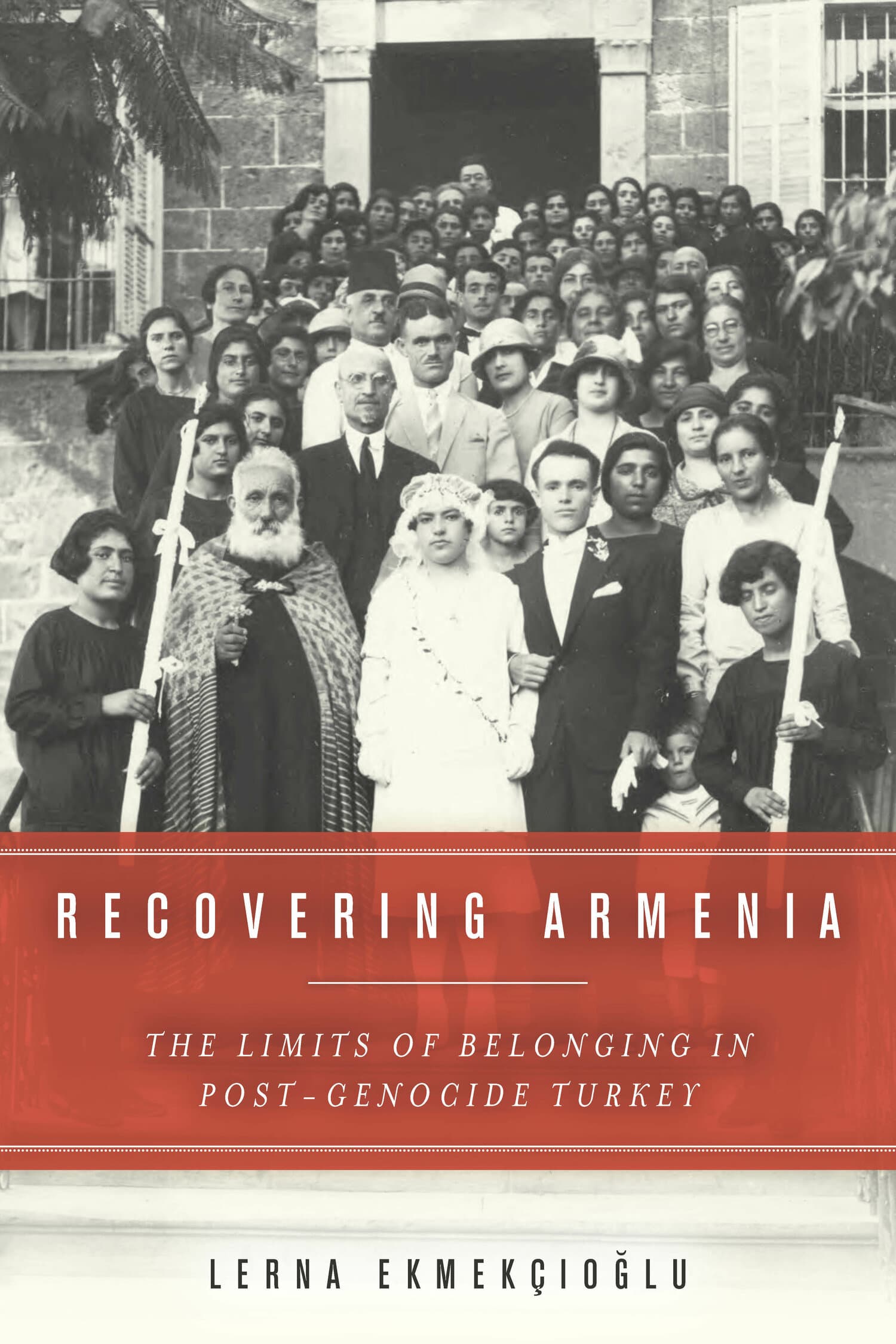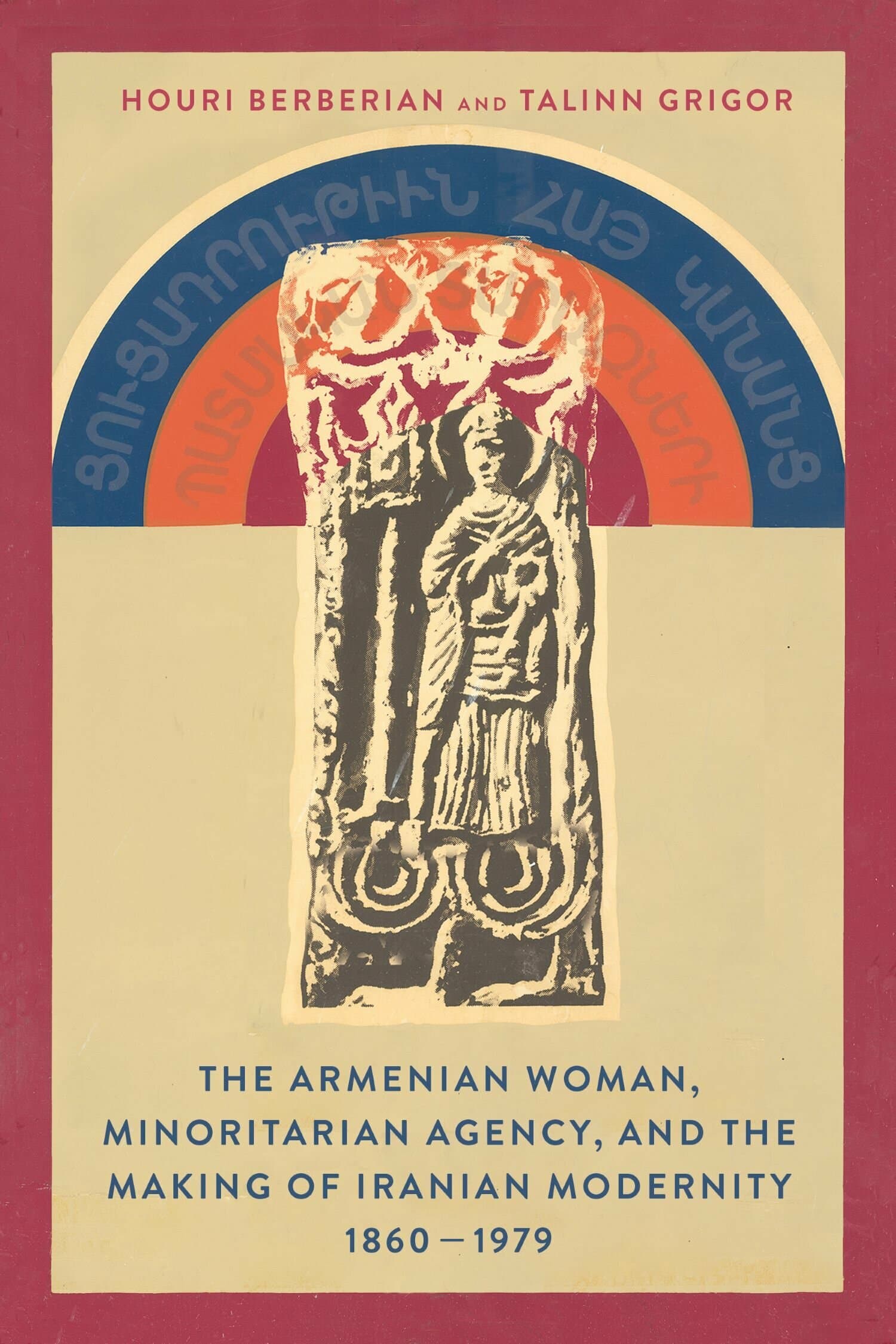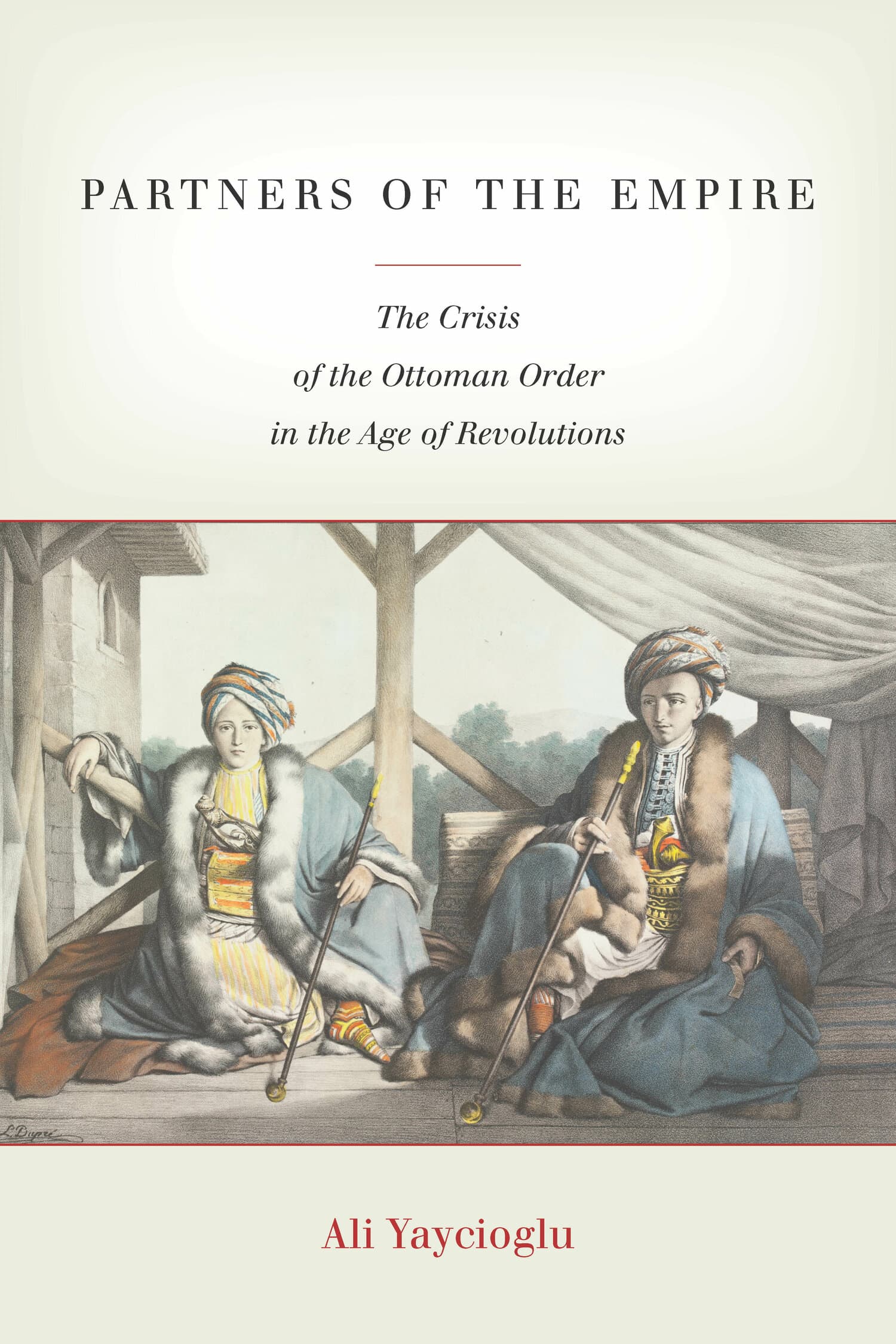Brokers of Faith, Brokers of Empire
Award Winner
2021: Der Mugrdechian Outstanding Book Award
Winner of the 2021 Der Mugrdechian Outstanding Book Award, sponsored by the Society for Armenian Studies (SAS).

The Ottoman Empire enforced imperial rule through its management of diversity. For centuries, non-Muslim religious institutions, such as the Armenian Church, were charged with guaranteeing their flocks' loyalty to the sultan. Rather than being passive subjects, Armenian elites, both the clergy and laity, strategically wove the institutions of the Armenian Church, and thus the Armenian community itself, into the fabric of imperial society. In so doing, Armenian elites became powerful brokers between factions in Ottoman politics—until the politics of nineteenth-century reform changed these relationships.
In Brokers of Faith, Brokers of Empire, Richard E. Antaramian presents a revisionist account of Ottoman reform, relating the contention within the Armenian community to broader imperial politics. Reform afforded Armenians the opportunity to recast themselves as partners of the state, rather than as brokers among factions. And in the course of pursuing such programs, they transformed the community's role in imperial society. As the Ottoman reform program changed how religious difference could be employed in a Muslim empire, Armenian clergymen found themselves enmeshed in high-stakes political and social contests that would have deadly consequences.
"Brokers of Faith, Brokers of Empire challenges and enriches our understanding of Ottoman governance on the cusp of the age of nationalism. Richard Antaramian provides a much-needed corrective to a historiography that often presents 'Armenian' and 'Ottoman' as mutually exclusive categories. An empirically rich work."—İpek Kocaömer Yosmaoğlu, Northwestern University
"Brokers of Faith, Brokers of Empire is an exemplar of archive-powered study that is successful in depicting the Armenian nation in its own rights and struggles."—Emrah Sahin, Journal of Church and State
"Antaramian's nuanced analysis renders the book an essential read for Armenian as well as late Ottoman history. It is a welcome invitation for historians of the Modern Middle East to re-think about the role of non-Muslim communities in the transformation of imperial governance, the lasting effects of the politics of religious difference, and the vulnerability of certain communities as they get marginalized from the administrative apparatus of empires and eventually, nation-states."—Varak Ketsemanian, Études Arméniennes Contemporaines




